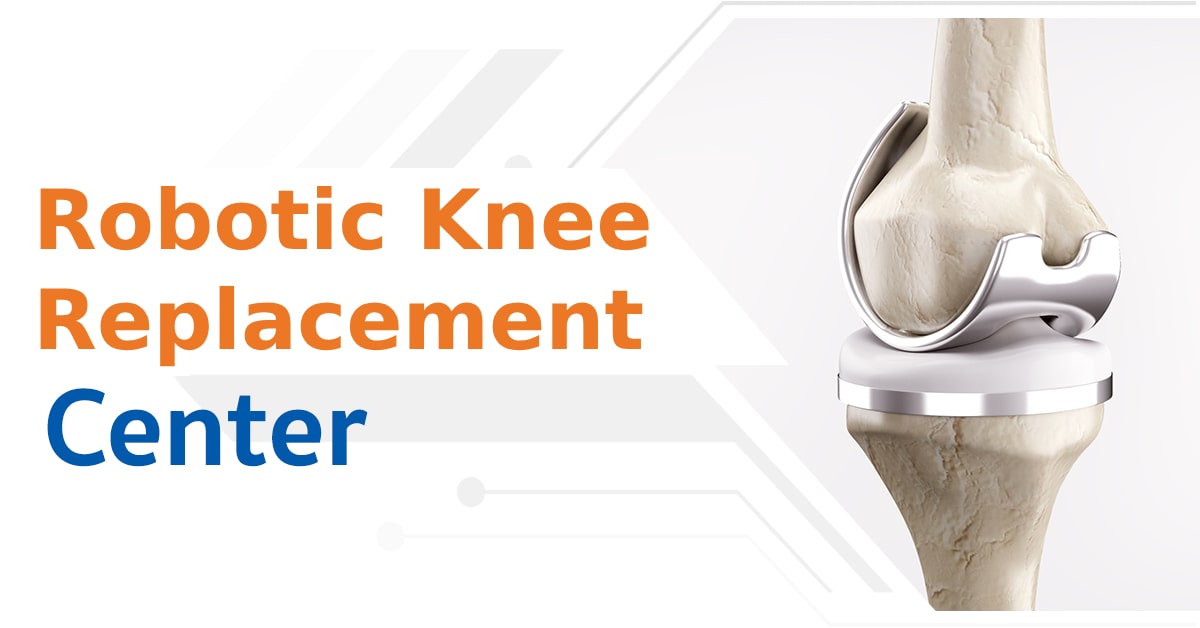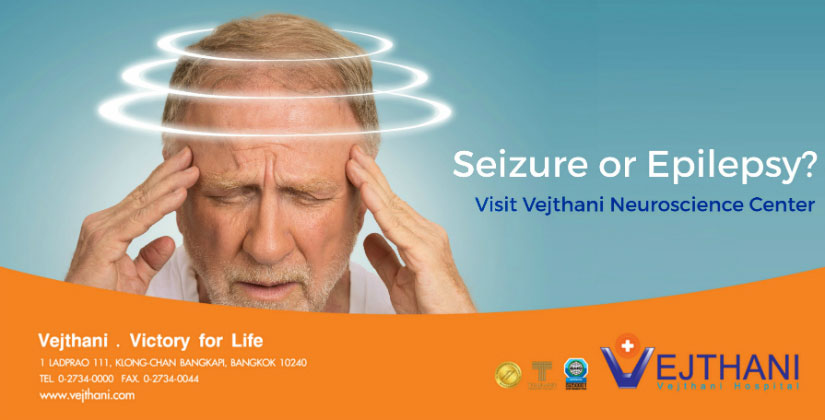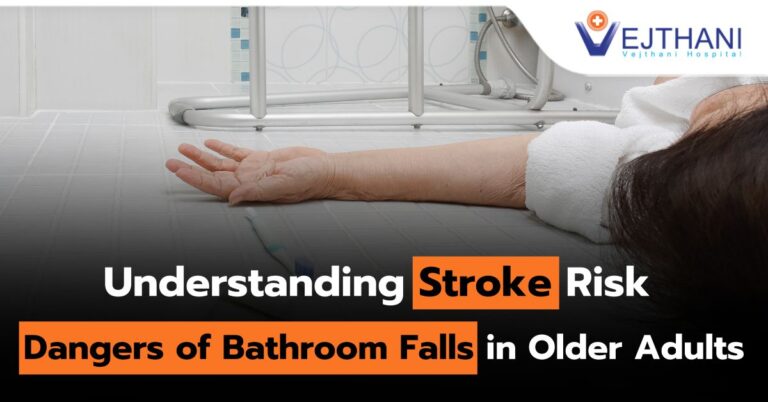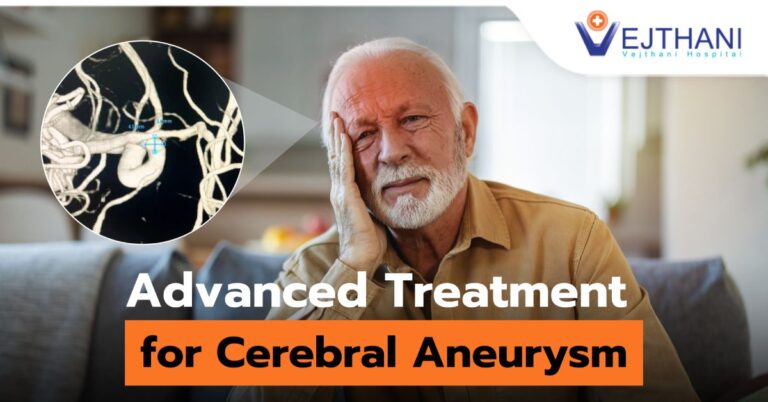Seizure and Epilepsy is caused by abnormal electrical discharges in the brain cells and this electrical malfunction in the brain that is stimulated results in seizures. The apparent symptoms in the patient depends on the position of brain that the electricity is produced and distributed.
Seizures occur for several reasons
- Infection in the Cerebral Cortex
- Congenital Deformity of the Brain
- Cancer and Tumor
- Acute bleeding in the brain
- Certain types of Drugs and Stimulants
- Alcohol
- Patients with Dementia
- Abnormalities in the Minerals in the Blood
In some cases, it is impossible to find a clear cause to the seizures. Symptoms of seizures can be isolated limited to certain areas of the brain and not to other parts of the brain.
In general occurrence of seizures, patients will have a reduced level of consciousness or no consciousness at all with symptoms including muscle spasms in the arms, legs and neck and in some cases just a reduced level of consciousness without spasms in the arms and legs.
The duration of symptoms will vary from person to person, with most lasting about 1-5 minutes and is usually followed by drowsiness or an abnormal level of consciousness for about 30-120 minutes. In some cases, when the patient suffers from seizures for a long time it may take up to 24 hours to return to normal consciousness.
Complications encountered during seizures include damage to the head, wounds from biting the tongue, broken bones or fractures from severe contractions of the muscles and oxygen deficiency and may lead to accidents while the patient is driving.
Diagnosis of Epilepsy include
Finding out a detailed history of the patient, including prenatal and birth history along with history of illnesses, a thorough body and neurological examination, laboratory tests, electroencephalography and brain magnetic resonance (MRI).
At present, the diagnosis of Epilepsy is more accurate with the presence of modern tools and technology where physicians can locate the cause and pinpoint exactly where in the brain the seizures are occurring, resulting in more accurate treatment of Epilepsy.
Treatment consists of providing antiepileptic medications which works well in controlling the symptoms and in cases where the medications react well, there will be no seizures and the patient can return to life almost the same as normal. The side effects of antiepileptic medication vary depending on the individual, such as drowsiness, which can be found during the beginning of the medication and allergic rashes resulting in changes in body weight.
Another option for this treatment includes surgery to remove the part of the brain that stimulates the seizures and providing a special diet formula (Ketogenic diet) as well as implanting a therapy defibrillator to suppress the seizures (Vagal nerve stimulation. These treatments are currently in development and has progressed quite a lot in the past as there is a lot of research conducted in this field which has provided patients with more options to modify their medication and avoid unpleasant effects more easily.
Caring for patients with epilepsy does not vary much from patient care with other diseases other than to be very strict about administrating medication and avoiding risk factors that induce seizures, such as not providing medication, lack of sleep or using medication that increases or decreases the level of antiepileptic medication in the blood stream.
Patients with epilepsy who were treated and cared for properly will be able to return to life as normal, with several prohibitions, which include avoiding driving, avoiding alcohol or sleeping late or taking additional needless medication other than the antiepileptic drugs. Finally, patients must adhere to strict discipline in taking medication.
Author: Dr. Narit Samitasin, Neurologist
Vejthani Neuroscience Center is an integrated center of Neurological Services. This center has many experienced and qualified neurologists and neurosurgeons in different subspecialties joining forces with other paramedical and neurological nurses, technical teams and rehabilitation team.
Vejthani Neuroscience Center offers competent out-patient and in-patient services. Patients can be assured of receiving an excellent international level of care for both selective and emergency needs.
Vejthani Neurosciene Center is located at Vejthani Hospital, Building1, 5th Floor.
For inquiries or appointments please contact
+66 (0) 2734-0000 ext. 5400, 5444 fax: +66 (0) 2734-0000 ext 5407
email: [email protected].
- Readers Rating
- Rated 5 stars
5 / 5 ( Reviewers) - Spectacular
- Your Rating

























